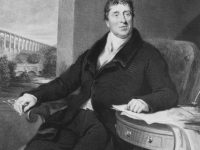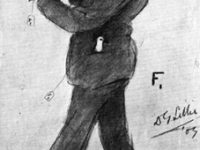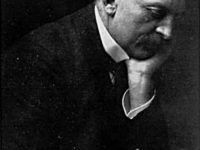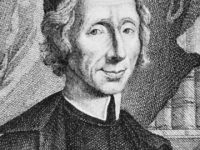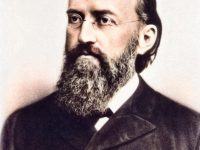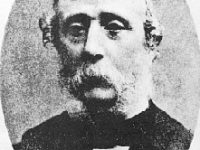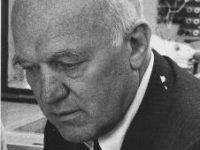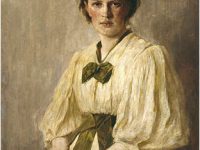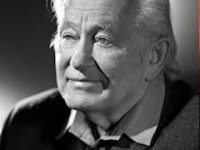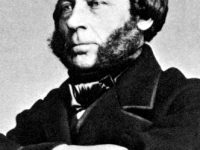Thomas Telford – the Colossus of Roads
On August 9, 1757, Scottish civil engineer, architect and stonemason Thomas Telford was born. After establishing himself as an engineer of road and canal projects in Shropshire, he designed numerous infrastructure projects in his native Scotland, as well as harbors and tunnels. Such was his reputation as a prolific designer of highways and related bridges, he was dubbed The Colossus of Roads (a pun on the Colossus of Rhodes), and, reflecting his…
Read more

